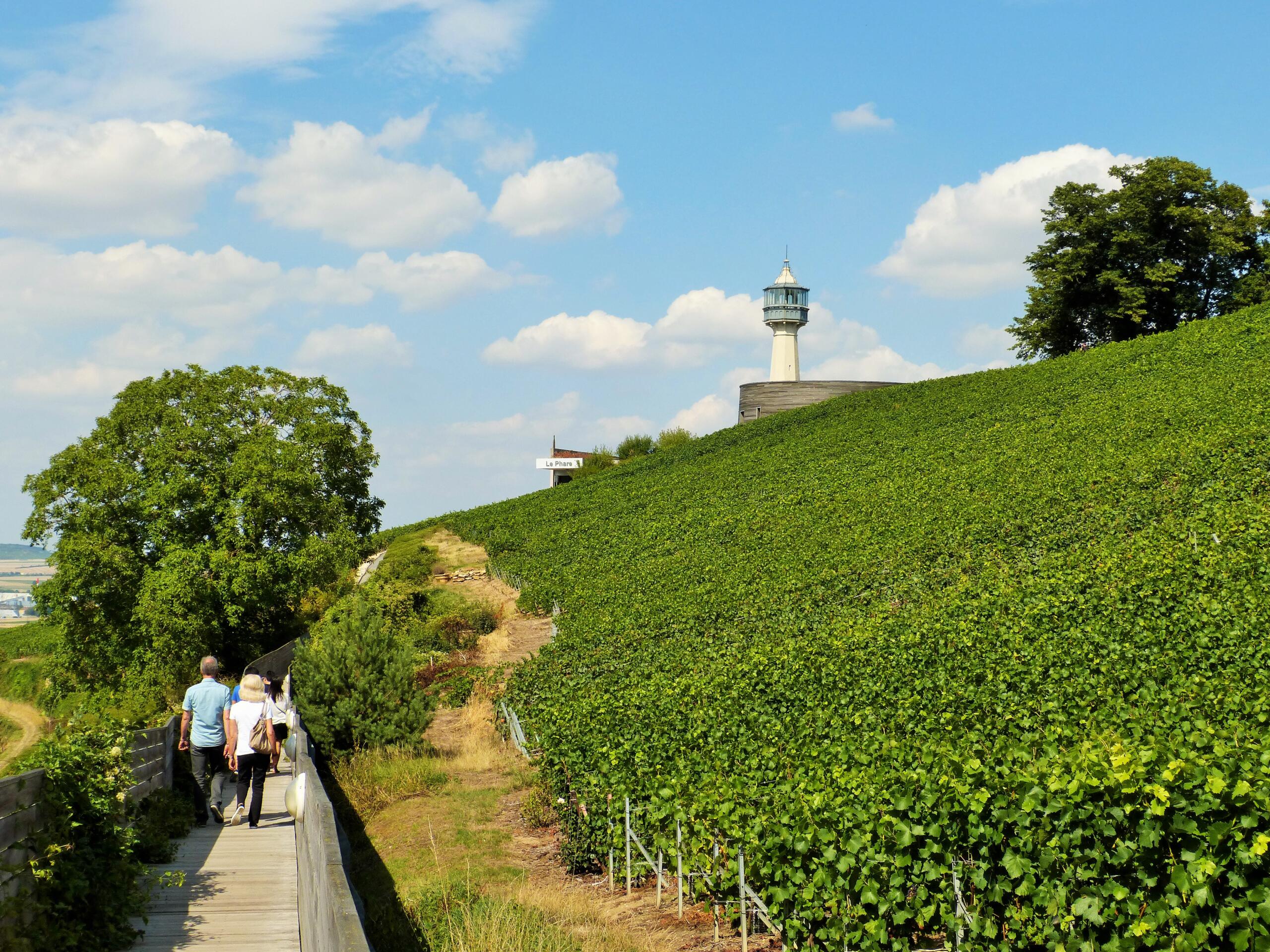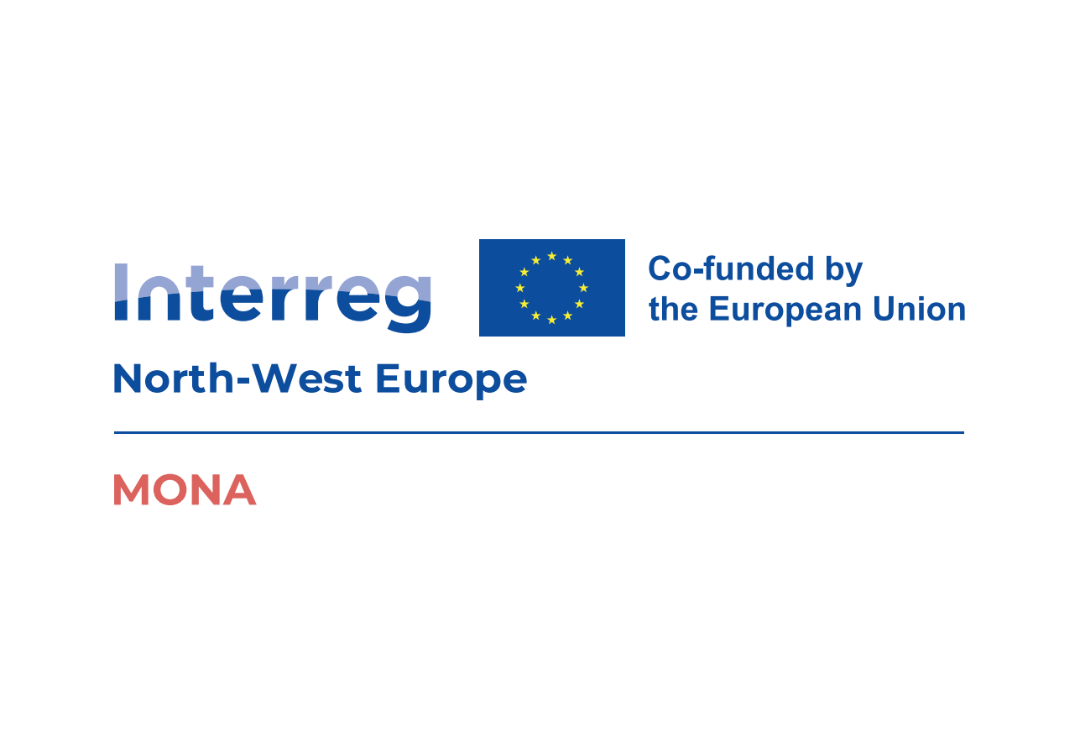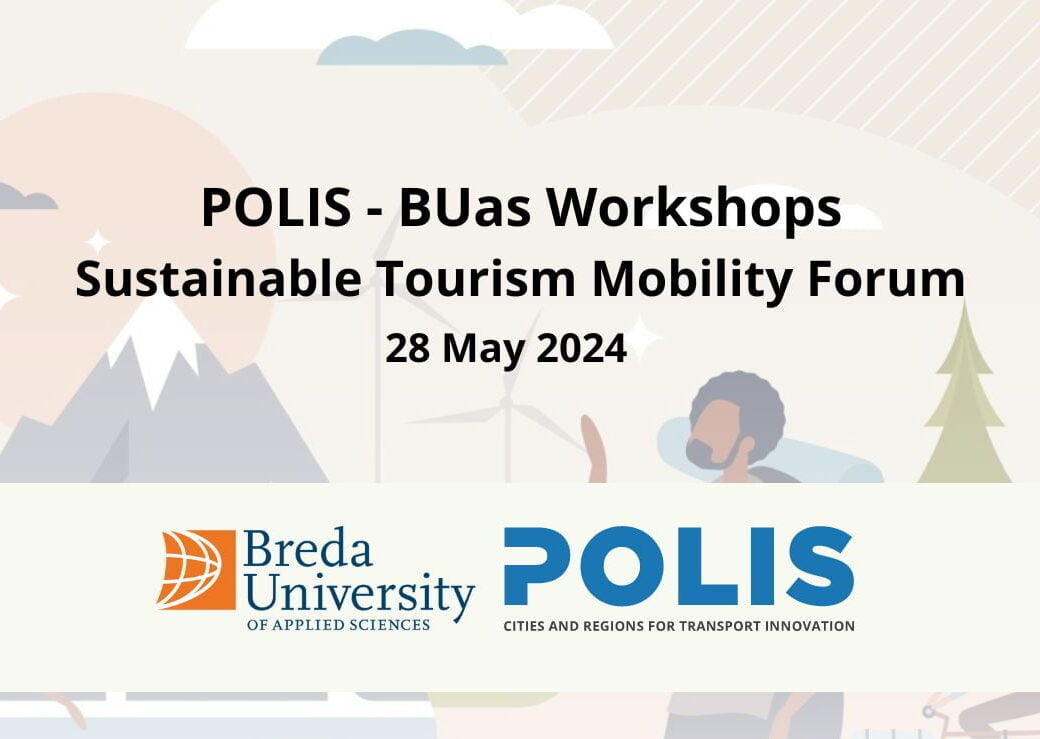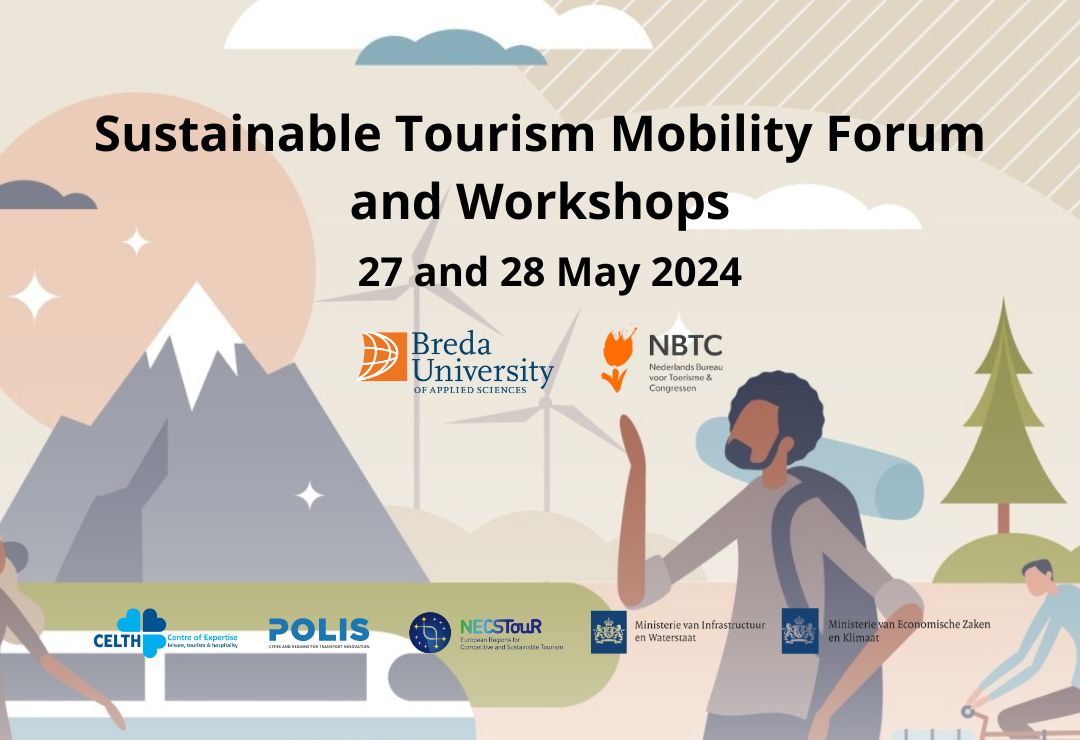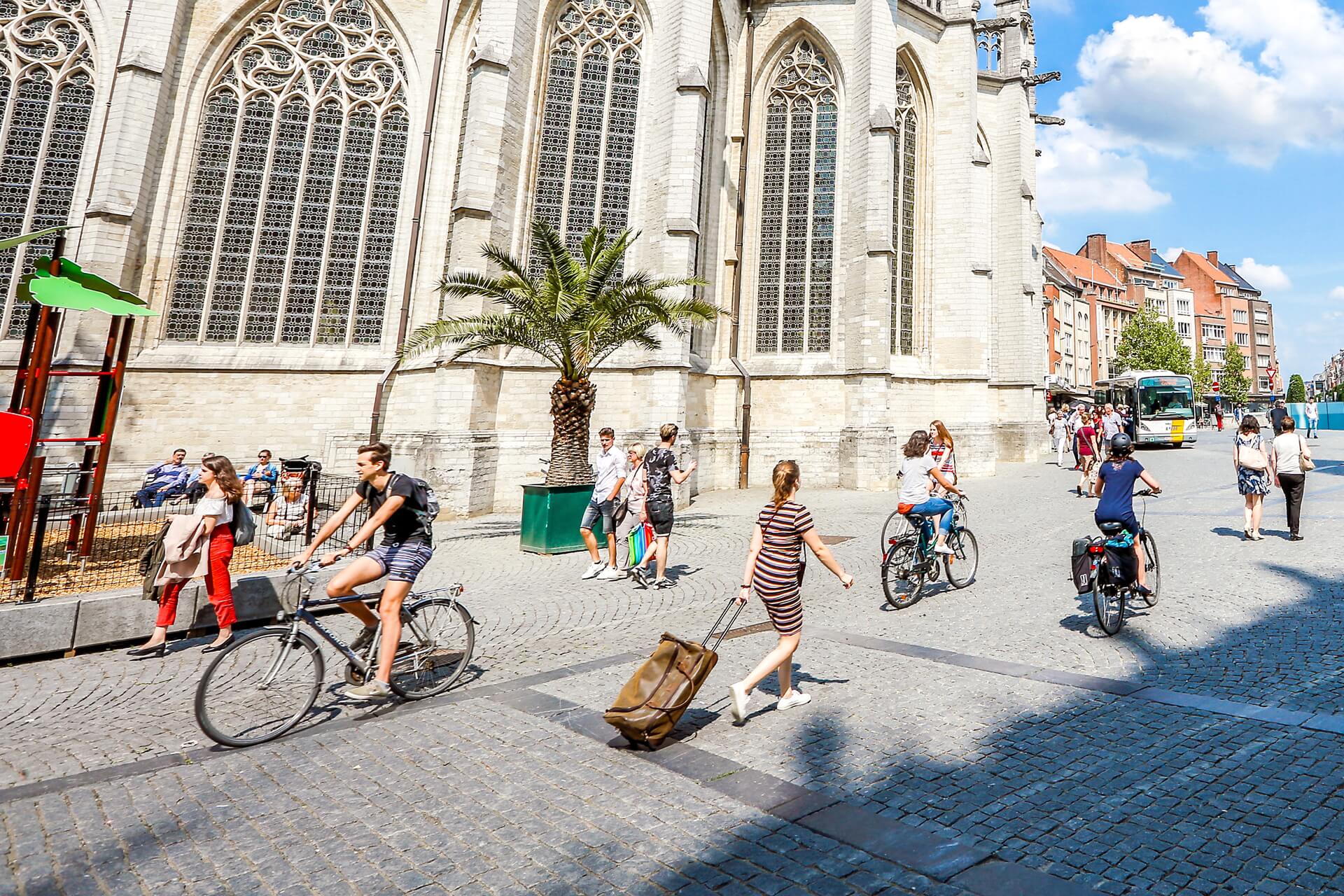MONA
Running from 2023 to 2027, the MONA project aims to promote sustainable tourism in natural areas. How, exactly? By promoting a shift to more sustainable modes of transport in national parks, implementing inclusive route planning, and encouraging all park users to adopt more sustainable behaviour.
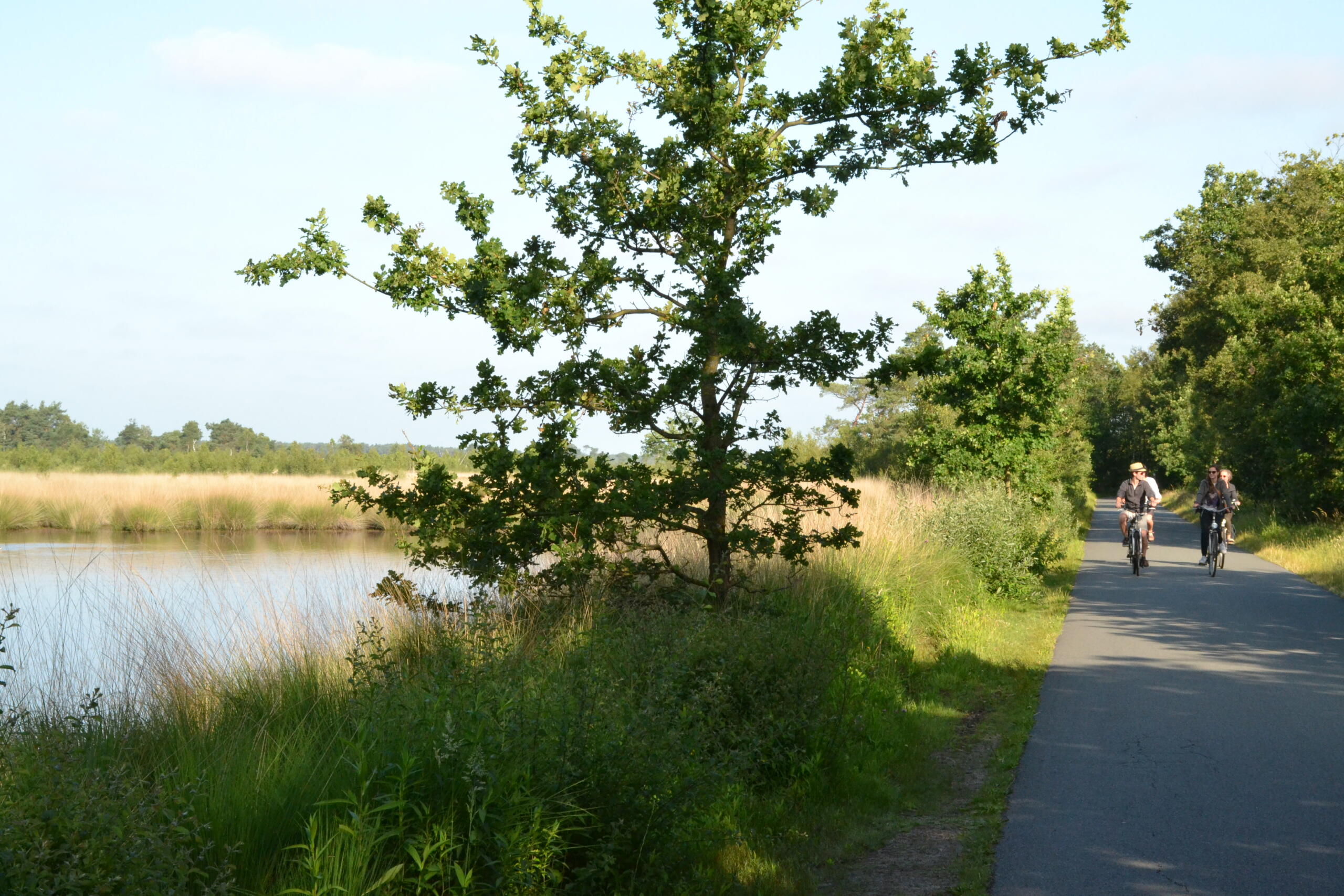
Cyclists in Grenspark Kalmthoutse Heide. Credit: MONA project
The growing interest in nature-based tourism has led to a significant increase in the number of visitors to nature reserves, making them important tourist attractions. However, this increase in visitor numbers has also had negative impacts on park resources, such as traffic congestion, air and noise pollution, and parking problems, which affect the quality of the visitor experience and erode local habitats.
As a result, effective traffic management in national parks has become crucial to enable sustainable tourism. This is where the MONA (MOdal shift, routing and nudging solutions in NAture areas) project comes in.
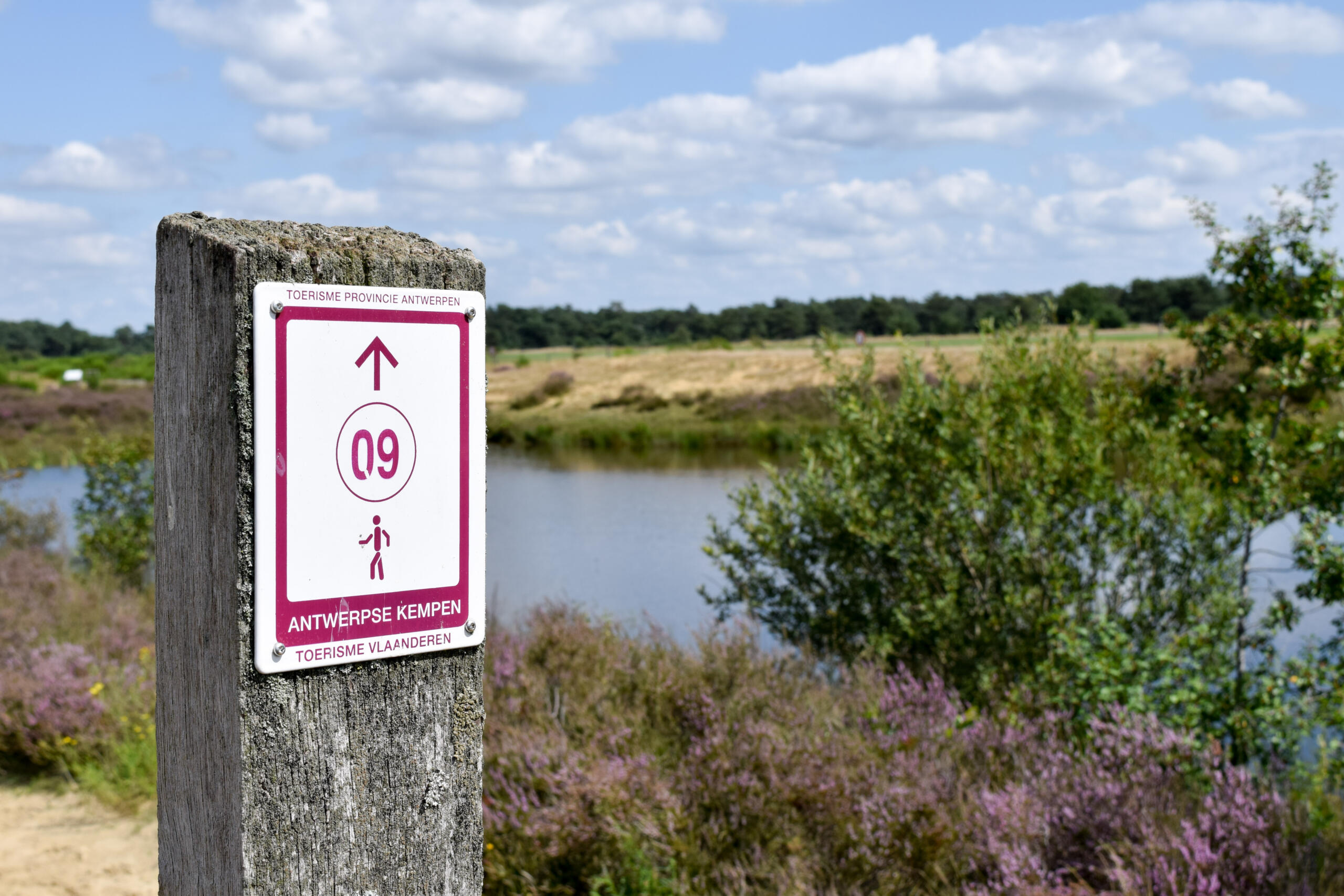
Walking route signage in the Antwerpse Kempen. Credit: MONA project
Launched in 2023, MONA aims to promote sustainable tourism in and around the protected areas of north-western Europe for the benefit of nature, the environment, visitors, and the local economy. The project does so by promoting a modal shift, supporting sustainable transport, implementing inclusive route planning, and encouraging visitors and stakeholders to adopt more sustainable behaviour.
Together, these strategies will help to manage visitor flows, reduce negative impacts on the local environment, and promote inclusive access to nature reserves.
The key activities carried out by MONA project partners include:
Le Phare de Verzenay near Reims, France. Credit: MONA project
1. Evaluation of local impacts and development of innovative strategies: MONA partners monitor and assess the impacts of visitors and local mobility options on natural areas. Based on their findings, they develop new solutions to minimise observed harmful impacts and increase the overall sustainability of nature-based tourism in north-western Europe.
2. Solution testing: All strategies developed by MONA's partners are put to the test to determine their suitability in local contexts. In particular, the project focuses on the joint testing of solutions in the areas of modal shift, route planning, and behavioural nudging. This allows them to identify which strategies are truly effective for promoting more sustainable transport and visitor behaviour.
The MONA project brings together eight nature reserves and three knowledge and dissemination partners in Germany, France, Belgium and the Netherlands, including POLIS Members KU Leuven and Breda University of Applied Sciences. The project will conclude in 2027.
Want to keep up with the latest news? Visit the project's website.
